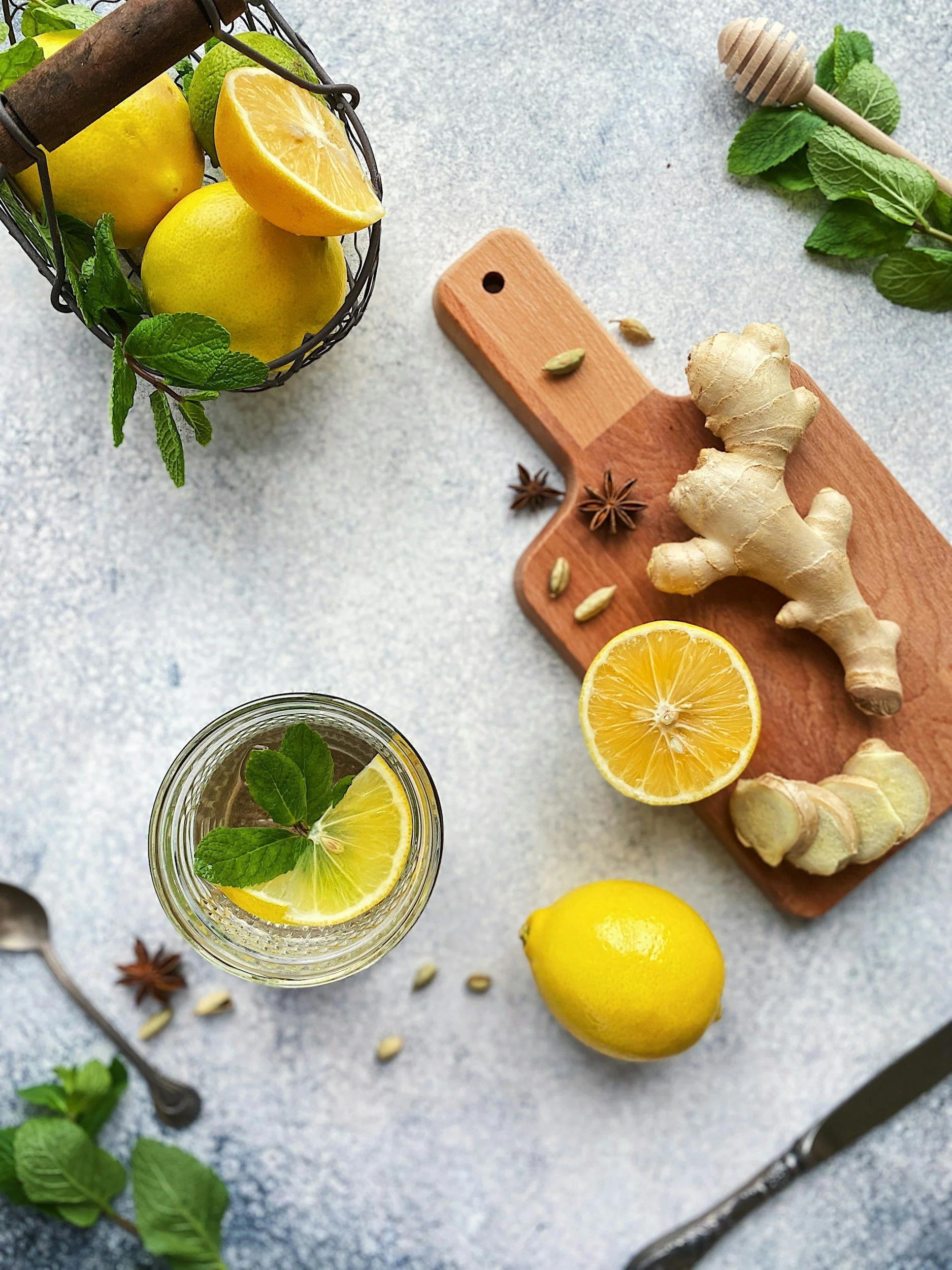6 Dietitian-Approved Tips to Beat Bloating Naturally
Bloating can be incredibly uncomfortable and frustrating, especially when it happens regularly or after meals. The good news? Some simple, evidence-based strategies can help ease that tight, gassy feeling without overhauling your entire diet.
Here are six quick tips from a dietitian to help support better digestion and reduce bloating that doesn’t involve cutting out foods or food groups.
Try Diaphragmatic Breathing (aka Belly Breathing)
This deep breathing technique activates the parasympathetic nervous system—the “rest and digest” state—redirecting blood flow to the gut, brain, and reproductive organs.
How to do it:
Breathe in through your nose for 4 seconds, letting your belly rise. Breathe out slowly for 4 seconds, letting it fall. Try focusing your attention on each breath to calm the mind and support digestion. It might feel awkward at first, but with practice, it becomes second nature.
2. Limit carbonated Drinks.
Soft drinks and other carbonated beverages might seem harmless, but they introduce excess gas into your digestive system, which can become trapped and lead to bloating, discomfort, and excess wind. Swap sparkling water and soft drinks for still alternatives when you're feeling bloated.
If you’re trying to switch from soft drink to plain water, try adding fresh citrus slices or mint for a natural flavour boost or enjoy sipping on a warm cup of tea instead.
3. Sip on Peppermint Tea.
Peppermint has a natural muscle-relaxing effect on the digestive tract. Peppermint tea is a gentle way to support digestion—plus, taking a moment to sit quietly and enjoy a warm cuppa can also help soothe stress (another bloating trigger).
Not a fan of tea? Peppermint oil capsules are another effective option, especially for people with IBS.
4. Eat Regular, Balanced Meals.
Skipping meals or eating irregularly can increase the likelihood of overeating later in the day, which often leads to bloating and discomfort. Aim to eat regular meals and snacks to support your digestive rhythm and reduce overeating.
5. Add Ginger to Your Meals.
Ginger is a powerful anti-inflammatory that can help calm the digestive system, ease nausea, and reduce gas. Grate fresh ginger into stir-fries, soups, or smoothies—or enjoy it as a tea after meals.
6. Slow Down and Chew Thoroughly.
Eating too quickly or not chewing food properly increases the amount of air swallowed and makes it harder for your stomach to break down food efficiently. Practising mindful eating—by slowing down and paying attention to each bite—can ease bloating and improve digestion.
When to Seek Further Support
While these tips can help with everyday bloating, persistent symptoms may signal something deeper:
Coeliac disease can be screened through blood tests (serology), followed by a small bowel biopsy for confirmation if needed.
Lactose intolerance and other enzyme deficiencies can often be identified through dietary trials or breath testing.
Irritable Bowel Syndrome (IBS) is diagnosed by ruling out other conditions. Working with a dietitian can help identify your dietary triggers.
See your doctor if you're experiencing severe bloating, especially if it’s accompanied by nausea, vomiting, unintentional weight loss, or persistent fatigue.
Want more tips tailored to your gut health?
Book an individual consultation with Kerri to receive tailored nutrition support to meet your needs.
References:



